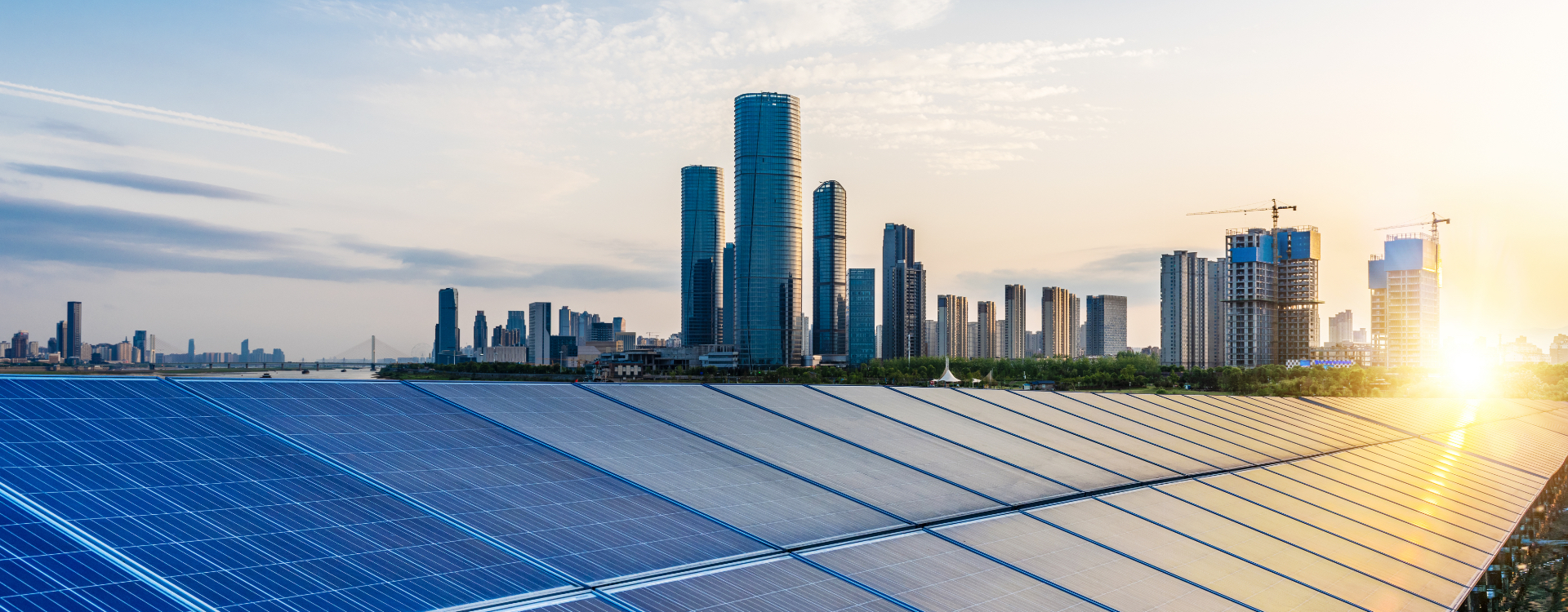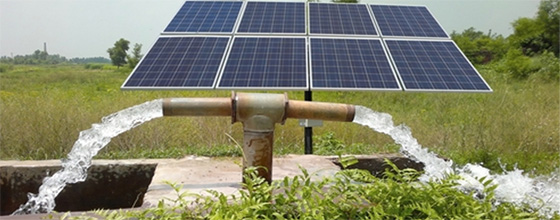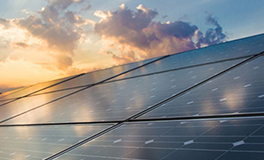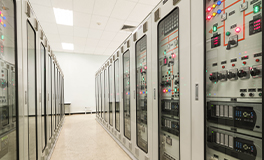The global temperature is rising and threatening various aspects of human life. With increase in the human activity accentuating this global temperature rise, humans and nature stand vulnerable to catastrophic warmings, rising sea levels and even threat of extinction.
The world, currently faces a huge challenge. But, there are potential solutions too.
The Effects of Climate Change
While climate refers to the average weather condition in a particular place over many years, we use the term climate change to indicate a drastic and long-term shift in temperatures and prevalent weather patterns. These shifts normally occur naturally; through changes in the solar cycles. But over many years, human activities have been accelerating the change, primarily due to burning of fossil fuels. Gases, so produced are creating a blanket (greenhouse) close to the earth’s atmosphere, trapping heat and thereby increasing temperatures. As per a report published by the UN, as the greenhouse house emissions continue to rise, the Earth has become about 1.1 deg C warmer over the last decade.

It has to be clearly understood here that the rise in temperature is just the beginning. The Earth is a complex system, with processes interdependent on each other. So changes in one process can influence paradigm shifts in others. Hence the rise temperatures is posing an overall threat of droughts, rising sea levels, cloud bursts and flash floods; many of which we have started witnessing in unlikely places and numbers, clearly indicating the underlying changes in the ecosystem.
The most evident impacts of climate change are as given:
-
The snowpacks and glaciers in the Himalayas are melting and witnessing an evident decrease in the spread.
-
The African continent witnesses a quick advance of the Saharan desert region. Around 250 million people stand exposed to increased water and food stress due to decreased agricultural yields and water holding capacity of the land.
-
In Latin America, the Savannah tropical forests witnesses a gradual replacement, creating a risk of significant biodiversity loss through species extinction.
-
Europe is already seeing inland flash floods, coastal flooding, heat waves and glacial retreat in the mountainous areas.
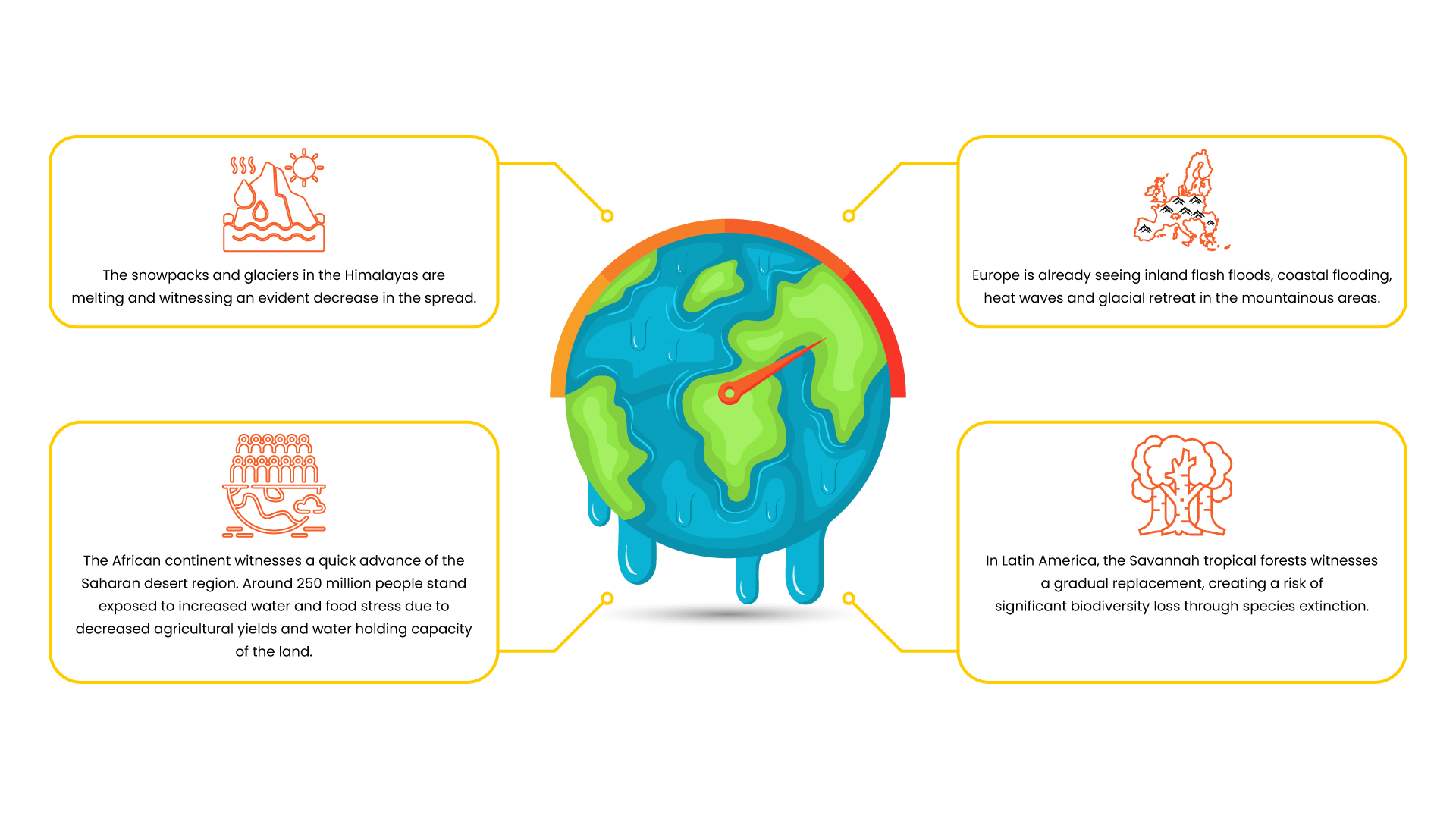
How should we deal with the long-term impacts of climate change?
Climate change has transformed from theory to stark reality. It has started affecting virtually all natural and economic systems. There is close interaction between climate change and bio-diversity, land degradation, forests and international waters, highlighting the importance of climate change implications. Many effects of climate change are evident throughout the world and governments realize the need to take immediate measures to arrest the fast advance.
Climate change can be dealt with a two pronged approach:
1. Reduce incremental emissions by switching to alternative and renewable sources of energy.
2. Undertaking programs to adapt to changes that have already taken place.
As per a recent report, about 1.4 billion people, globally still depend on traditional fuels to meet their basic energy needs. It is estimated that by 2035, global energy demand will rise by more that 50%. As a result, serious steps need to be taken to make sure most of the incremental energy requirements are serviced by renewable energy sources.
Governments need to make sure that they are:
1. Retrofitting buildings with more energy efficient utilities.
2. Switching to energy efficient alternatives like solar, wind, hydel and hydro power.
3. Developing sustainable transport by promoting Bus Rapid Transit Systems, Electric Vehicles and Bio fuels.
4. Implementing conservation projects to safeguard land and forest ecosystems.
What Can We Do?
Though major changes need to be implemented in the form of strong policies at the government and industry level, if we start making small changes to our daily routines, we can still limit the impact of climate change by:
1. Incorporating renewable energy e.g. Rooftop solar plant, solar pumping system etc.
2. Reducing energy wastage and buying energy efficient electrical products.
3. Switching to electrical vehicles, bio-fuels etc.
4. Conserving water and ensuring unwarranted wastages.
At the policy level, most countries have pledged to achieve a “net-zero” by 2050. Experts believe that this is only achievable if the governments, businesses and individuals pledge to make substantial changes now and push immediate adoption of renewable energy.
About LUBI Electronics
LUBI Electronics is a leading company in India, exhibiting expertise in the automation, solar, and control panel industry.
Our solar offerings include best-in-class solar modules, solar pumps, solar pump controllers and solar inverters.
For more information on our offerings, please reach out to us at lubi@lubielectronics.com.

